When people ask Ball State students like Maddie Carmel how she's doing, she replies, “Happy to have a job.”
“Having at least a little bit of schedule, working three hours, is still something really good for me,” said the junior elementary education major who works at Roots Burger Bar. “It’s better than nothing.”
Village businesses like Roots are among the few allowed to remain open only for carryout and delivery orders following Gov. Eric Holcomb’s executive order in response to the COVID-19 pandemic.
“I think it’s difficult on everybody. It’s not just restaurants,” said Scott Wise, Ball State alumnus and founder of Roots. “This is a pandemic that’s affecting almost every walk of life and every business, most that I know of.”
Nevertheless, Wise said he was grateful the state government has allowed restaurants and bars to be open — even if it means it’s only for carryout and delivery.
Michael Hicks, director of Ball State’s Center for Business and Economic Research (CBER), said the COVID-19 pandemic is “the most rapidly, and likely deep, economic crisis” since World War II.
Hicks said he doesn’t have many tips for small businesses that are financially impacted by the pandemic but suggested the following:
- Talk to your bank, and see if you can have two- to three-month loan repayment delays.
- Talk to your landlords and other creditors about similar delays.
- Find a way to remain connected to the employees you had to lay off and customers who are anxious to return.
While his sales have taken a 30 to 40 percent hit, he said, he is “floored” by how much the community has tried to support small businesses like his.
He said there have been twice as many carryout orders than online delivery orders because people wish to get out of their house, the carryout orders have special discounts that can’t necessarily be available online or both.
“Through all of this, what I’ve seen is an incredible solidarity among Americans,” he said. “All of us are trying our hardest to support each other knowing that we’re all going through the same thing together.”
Under the tip line in customer’s receipts, Roots has included a section called “Employee Relief Fund” to encourage people to leave a little more money for its employees who are currently working.
“That’s the goal through all of this — it’s just to survive, to get through it, because I know at the other end, we will be a stronger community and a stronger restaurant because of everything we have fought through together,” Wise said.
The weekend before St. Patrick’s Day was the last time The Chug had a good number of people show up to the bar, said Phil Juskevice, the bar’s owner. By the Tuesday of St. Patrick’s Day, they had to close down due to the restriction on in-person dining.
For bars like The Chug that run strictly as an in-house business, adapting to the carryout-style model isn’t something that has been done before. One weekend, the bar only made $30 in sales. On it’s best day last week, the bar made $140 in sales, Juskevice said.
“We’ve always offered a small menu, but this is the small time we’ve actually offered a more in-depth menu — just trying to at least serve something within the realm that we can, something that hopefully customers will enjoy,” he said.
Juskevice said their current staff of two people, including himself, are working their hardest, pushing out specials on social media and anticipating the bar is going to get through the difficult time.
“We’re doing everything that we possibly can just to make sure that The Chug, which most people think is a Ball State and Muncie community staple, survives all this,” he said. “My hope is that everyone who can supports the small businesses at this point and helps us get through all of this.”
He said some alumni who live far from Muncie have already started buying gift cards for the bar in order to help keep the business going. He said business has been improving periodically each day, and social media is “really crucial” at this time to get information about specials out in the community.
“We feel the weight of the world on our shoulders right now because we feel an obligation to Ball State students — past, present and future — that they’re going to have their place to come back to,” Juskevice said. “We’ve had a lot of people that have met wives and husbands, and boyfriends and girlfriends and built relationships with their close friends here.”
For Ball State students, he said, The Chug is “more than just a business” and “more than just a bar.”
“It’s a place that students and the community look at [as] their place and something that for years, generations have come here, and talk about it and have memories,” Juskevice said. “Hopefully, we’ll make it through all of this to be able to provide all those memories for future generations.”
When Wise reached out to his staff at Roots about not requiring as many employees as usual due to the restaurant’s shortened hours for carryout and delivery, he said 25 percent of them had already left town.
Even if businesses are allowed to be up and running soon, Wise said the restaurant will need to hire an additional 10 percent more employees, especially because it usually has its patio opened during this time. He said plans have already started developing for this possibility.
“We’re going to open the doors and say, ‘We’re having open interviews. Come in. We need staff. We’re hiring,’” he said. “We will be ready to kind of take it and run with it.”
He said right now, it’s important to support those who don’t have jobs and are waiting for the economy to open up to get back to working and make money again.
“Until that happens, they don’t have the necessary funds to pay rent, to go get food, to get necessities, and that’s something we’re trying to do to help out,” he said.
Despite the difficult times, Wise said he “sees the glass as half full,” as he has been able to spend quality time, good and bad, with his wife and kids — working with them on homework daily, waking up with them and playing basketball.
“It’s a great testament to the American spirit, and what we’re all going through and the fact that we’re all surviving through it,” he said. “There is a light at the end of the tunnel, and we will make it through it.”
Despite juggling online classes and work, Carmel has an optimistic outlook on things as well.
“Just take it day by day,” she said. “That’s all we can do. Just be positive.”
Contact Rohith Rao with comments at rprao@bsu.edu or on Twitter @RaoReports.

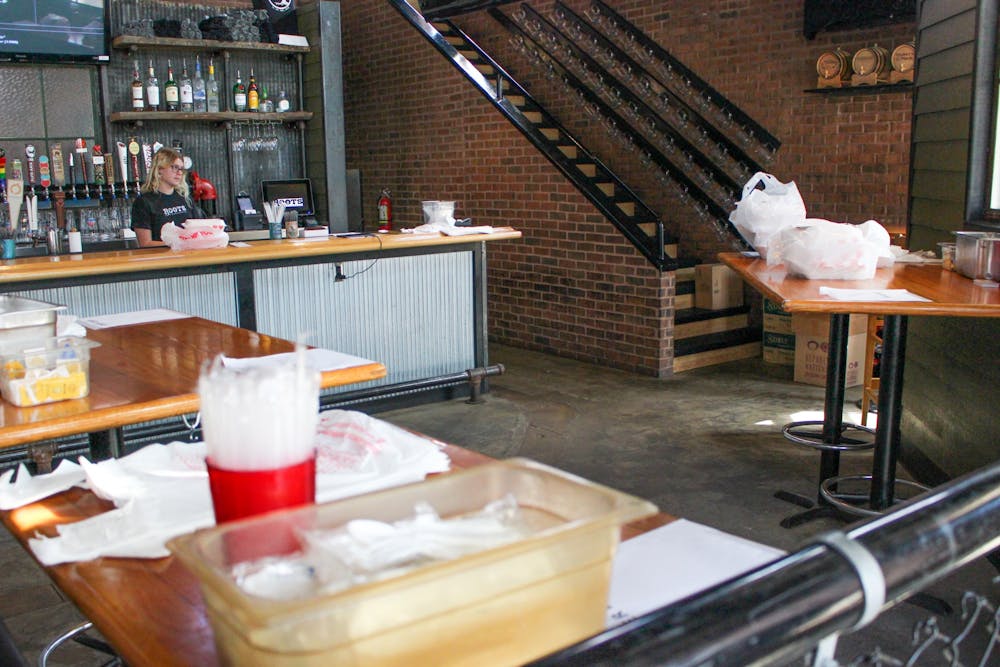
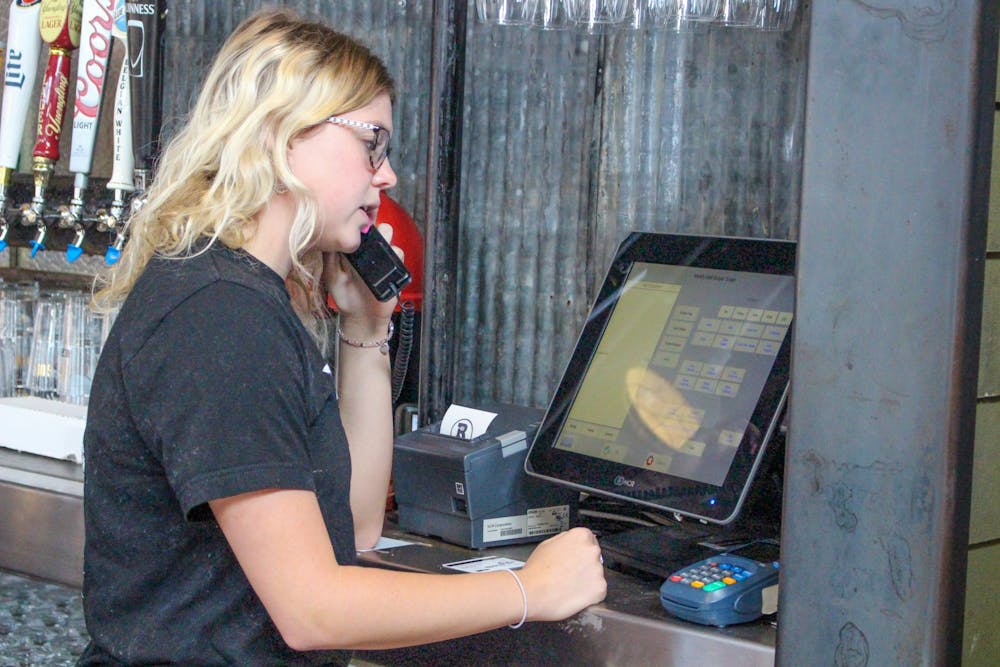
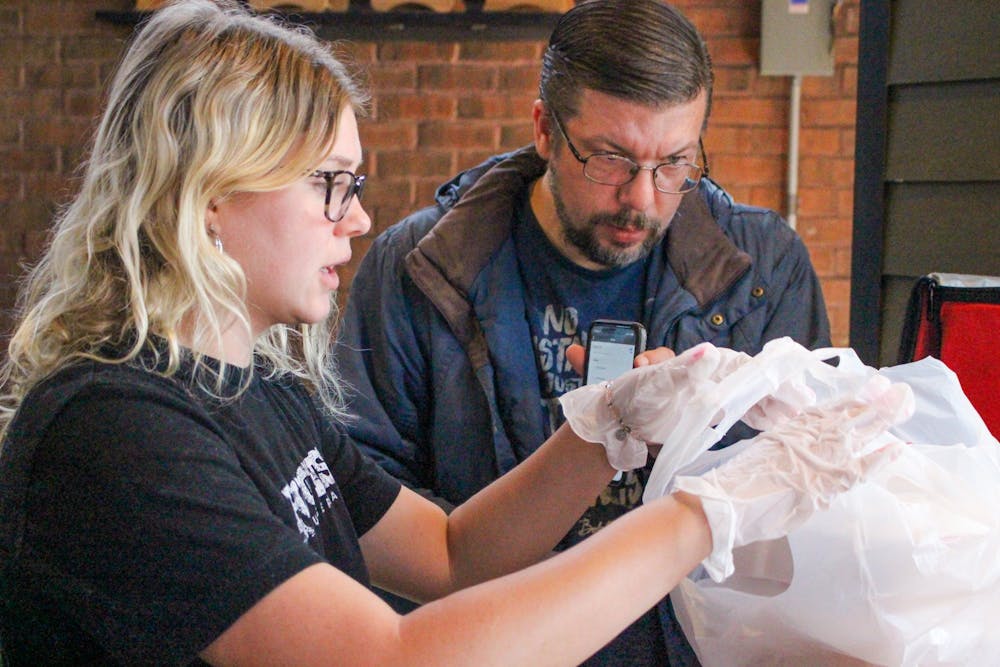
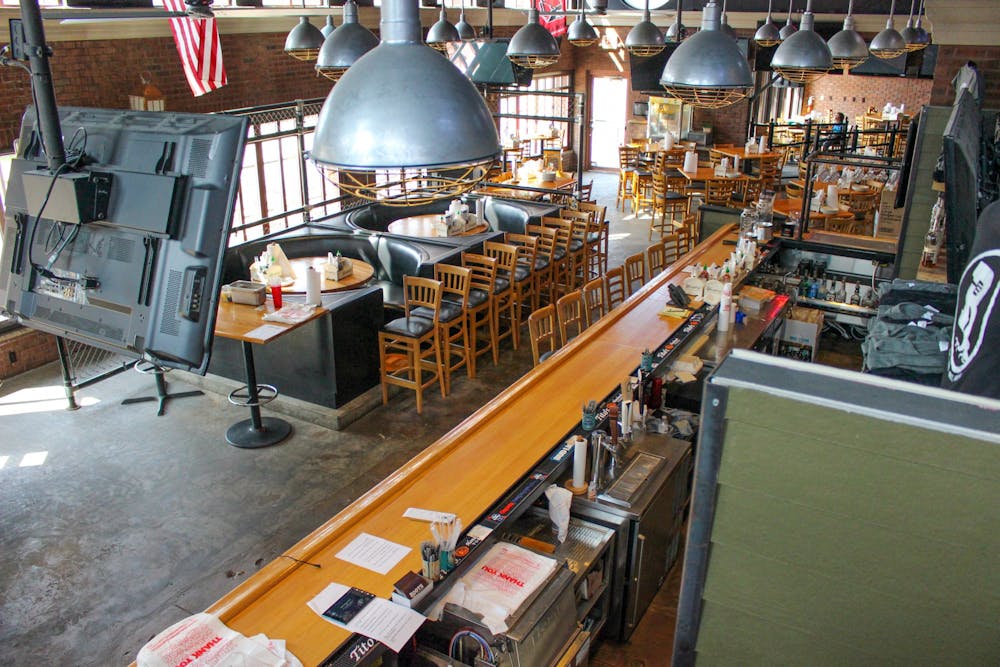

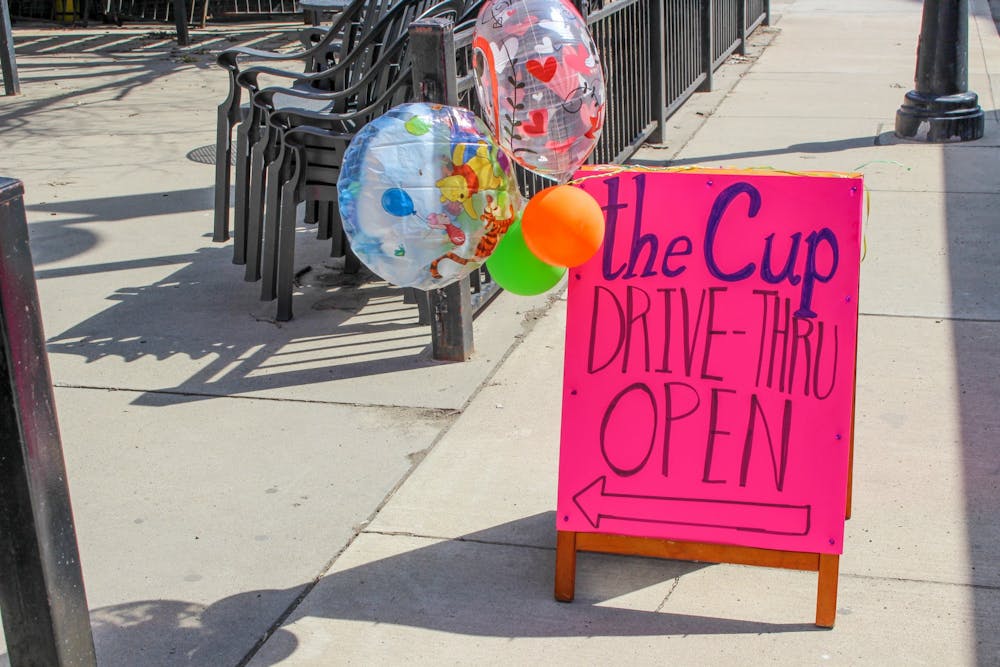
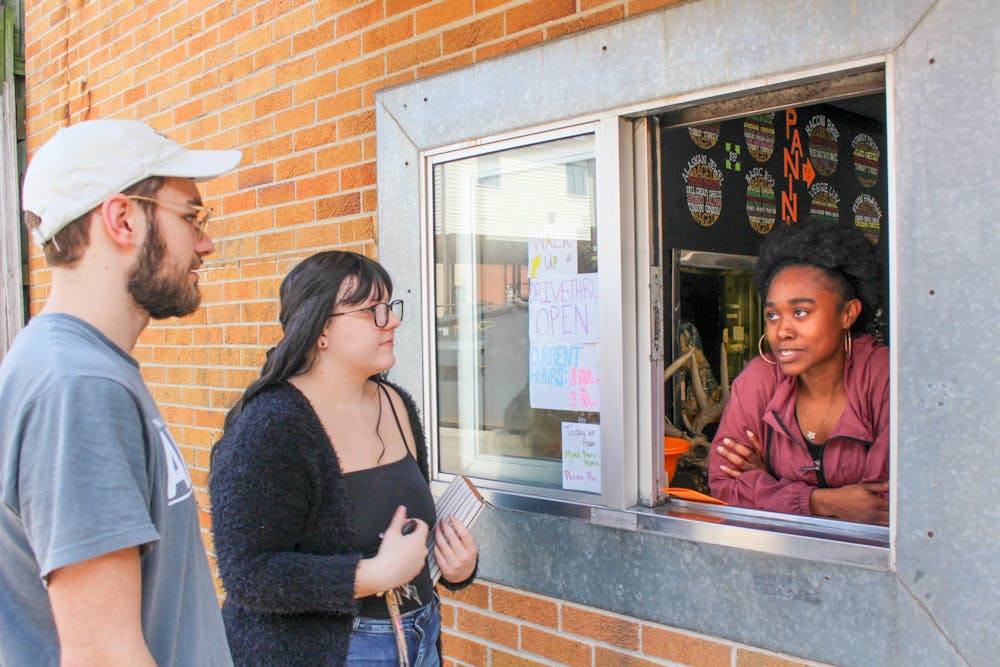



The Daily News welcomes thoughtful discussion on all of our stories, but please keep comments civil and on-topic. Read our full guidelines here.